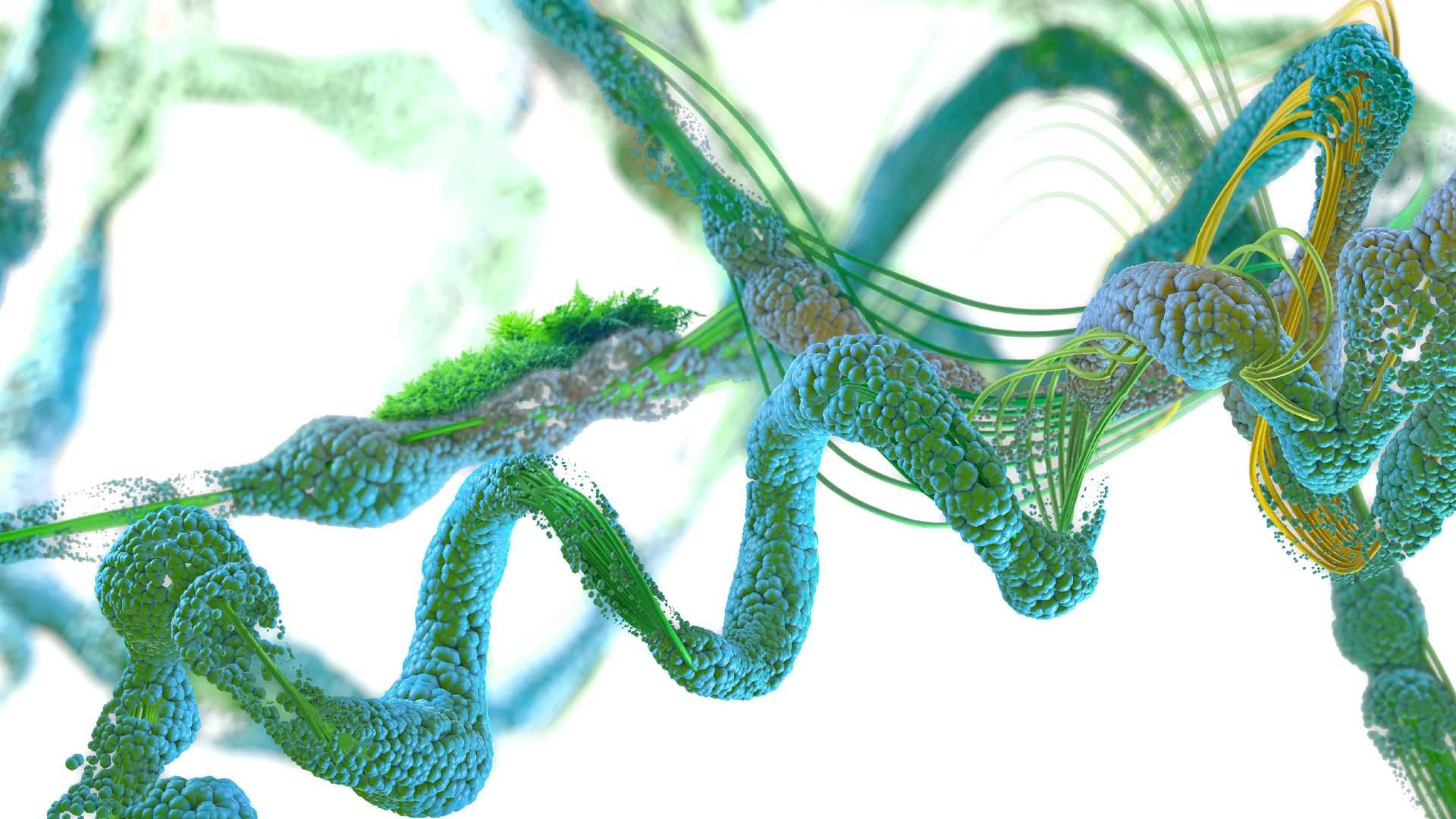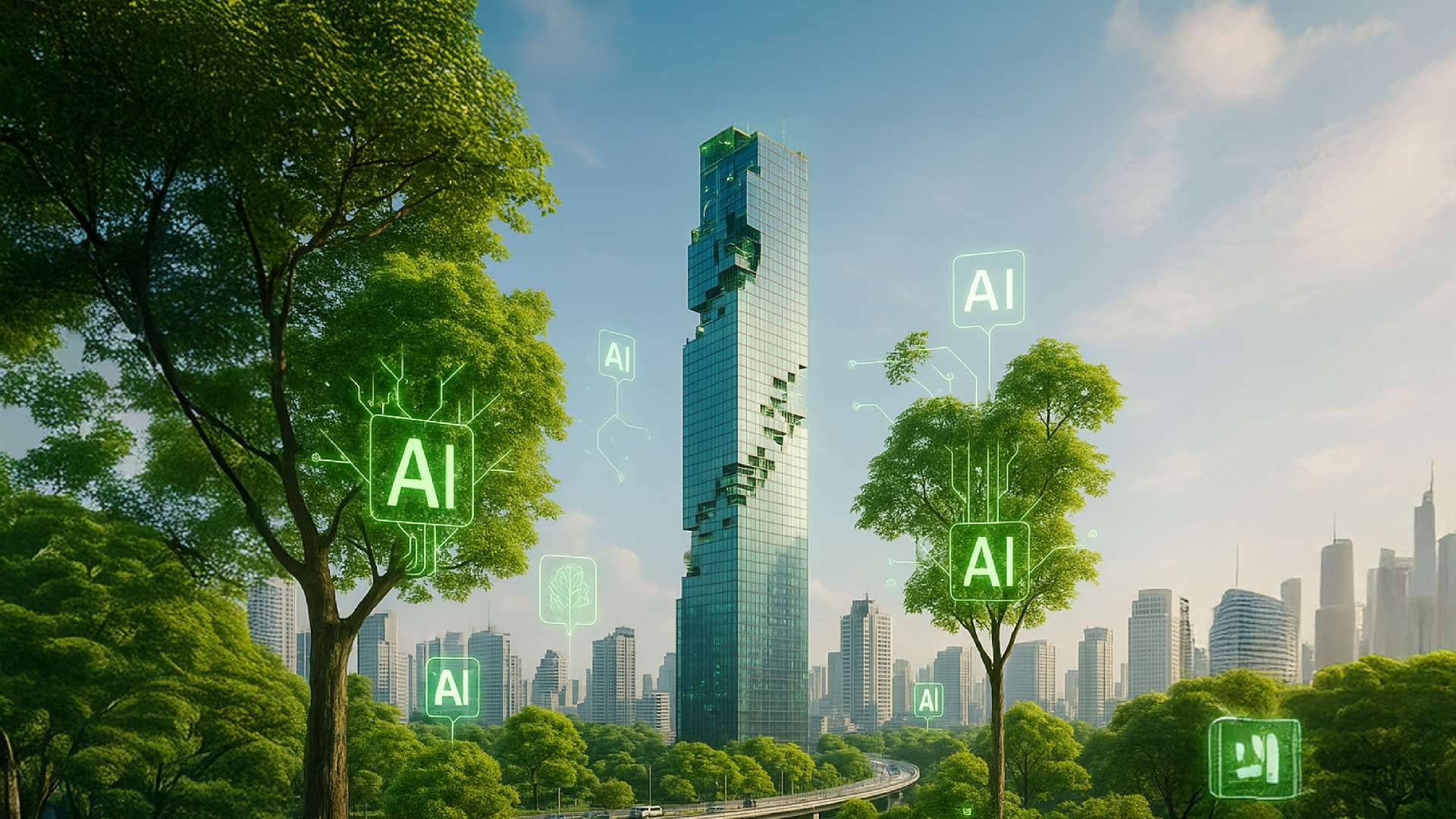
Biofoundry
ARTICLES | Jun 11, 2024
[#FutureofSustainability]: Synthetic biology is expected to help solve the problem of industrial waste.
Biofoundry combines automation and genetic engineering of living cells for a specific purpose, from producing biomaterials to synthetic meat. The chemical industry has being trying for decades to reduce its environmental impact. All over the world, it’s trying to reduce the use of chemicals and find substances and biological materials to replace pure chemicals.
Industrial-scale synthetic biology could be made into biomaterials that look like plastic, steel, or concrete but are biodegradable and able to grow and repair themselves. They might also convert chemical wastes into easier disposed biological wastes, reducing pollution and negative impacts on the environment.
Biofoundry knowledge is expected to be one of the solutions to reduce the use of chemicals in industrial processes. Consumers from the public to industry will have greater access to synthetic biology products at lower raw material costs to create a more diversified and resilient supply chain. At the policy level, biotechnology and synthetic biology techniques are essential parts of the Bioeconomy for efficient circular and sustainable renewal uses of all resources.
Implications for the future:
- Although synthetic biological wastes are biological products, they must be appropriately managed to avoid harming the ecosystem, such as methane emissions.
- Experimenting on humans or animals must strictly follow ethical standards to prevent the harmful risks of genetic editing to the subject and the unintentional harm to the external environment.
Reference:
Want to get to know us more, click www.futuretaleslab.com and https://www.blockdit.com/futuretaleslab











